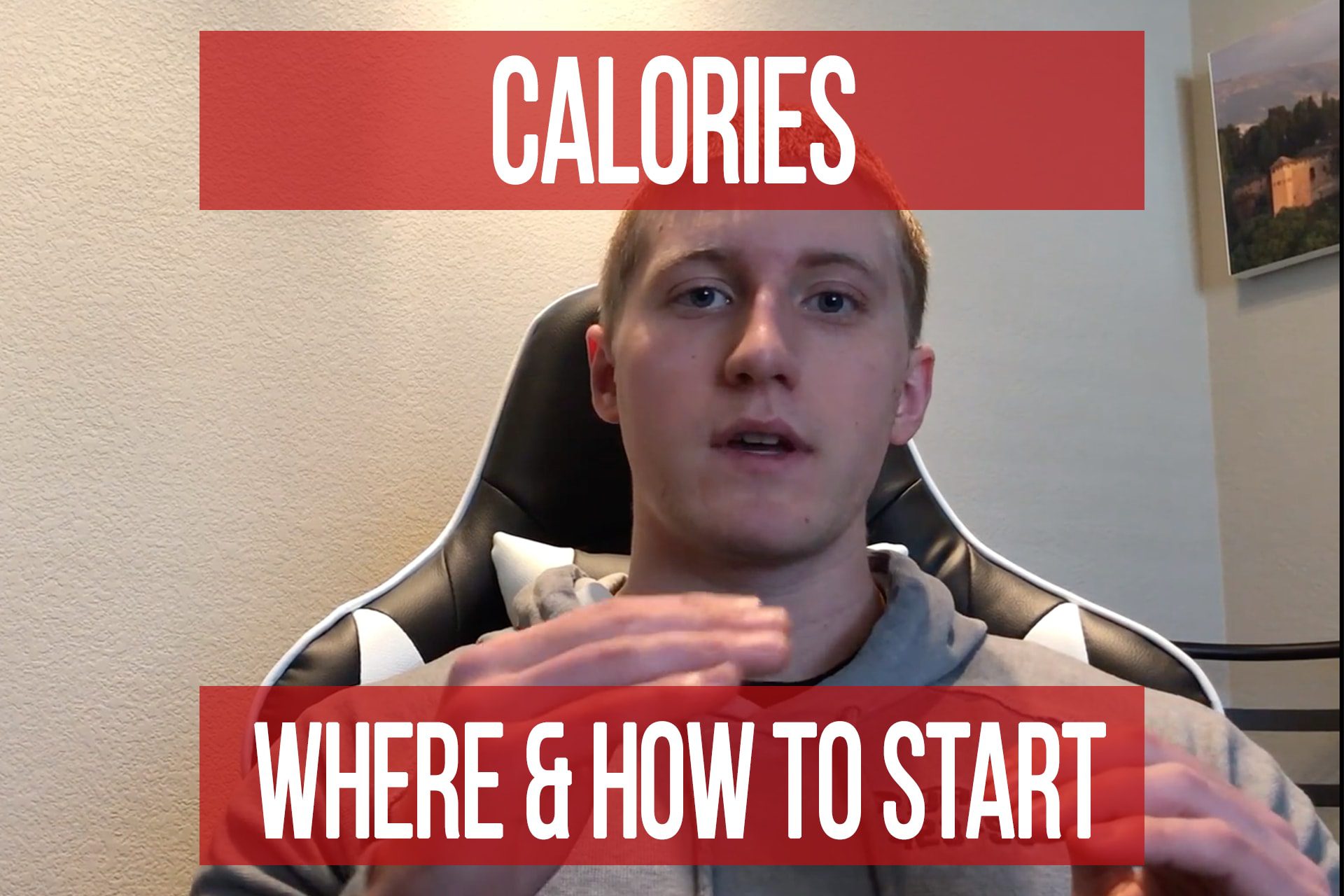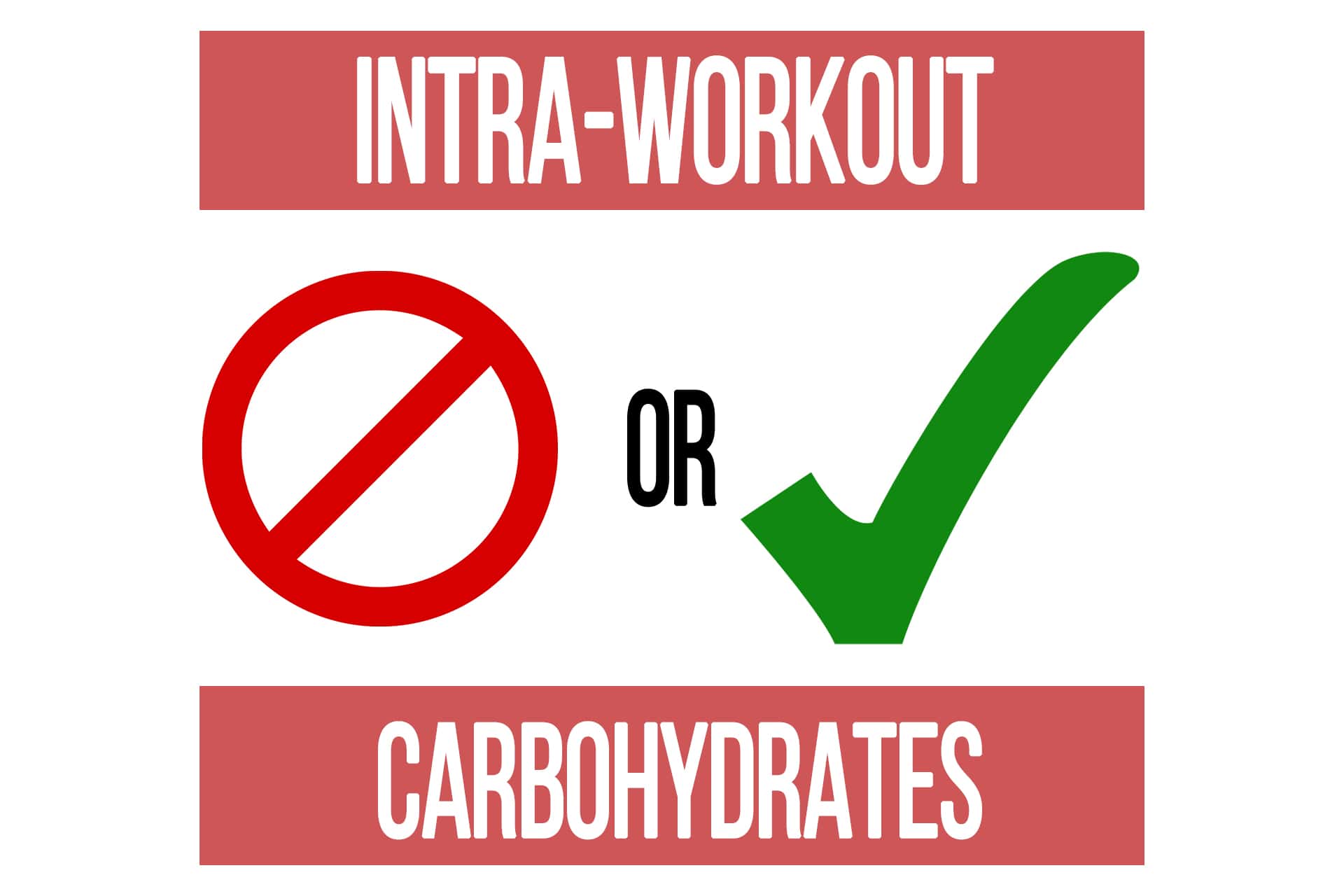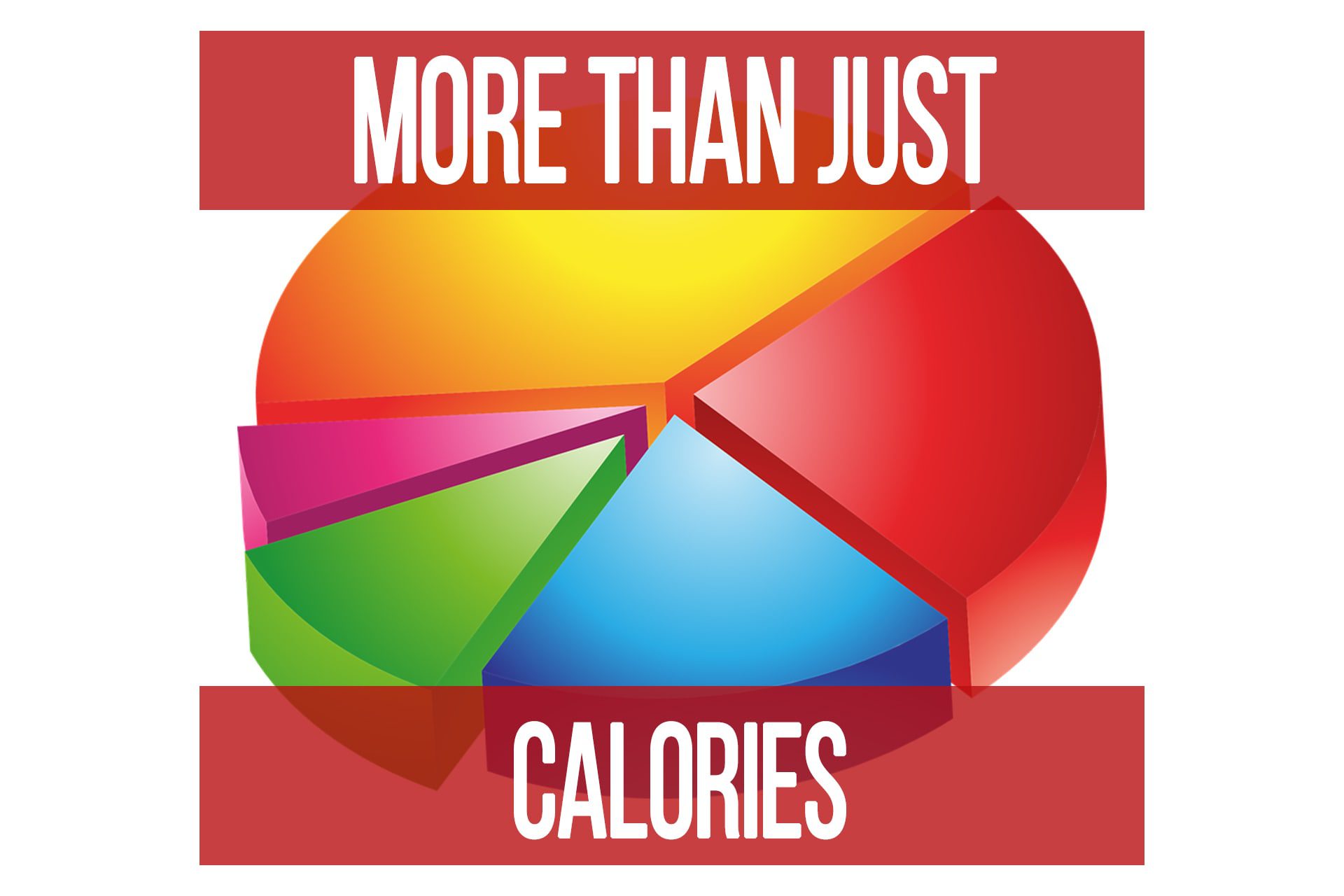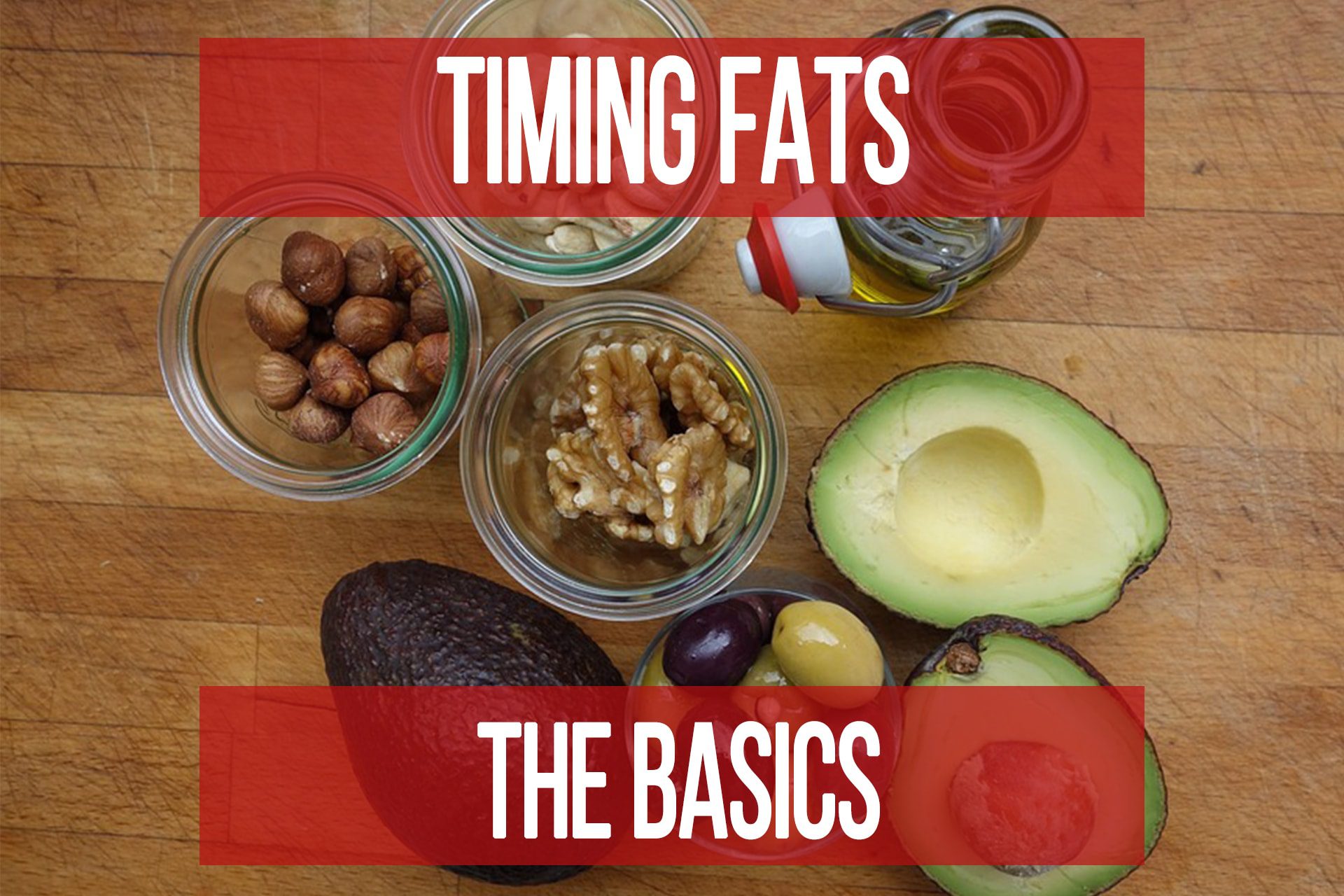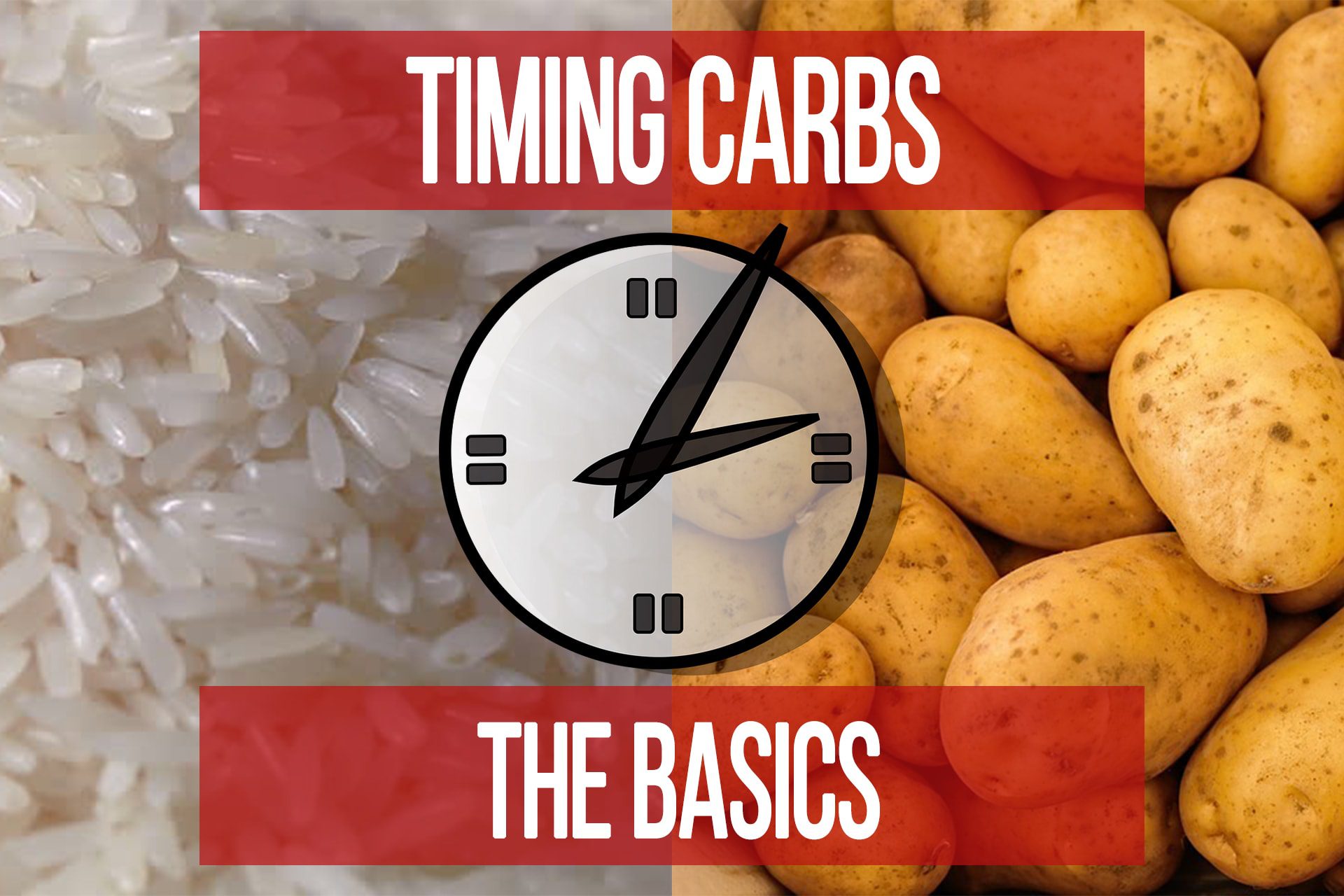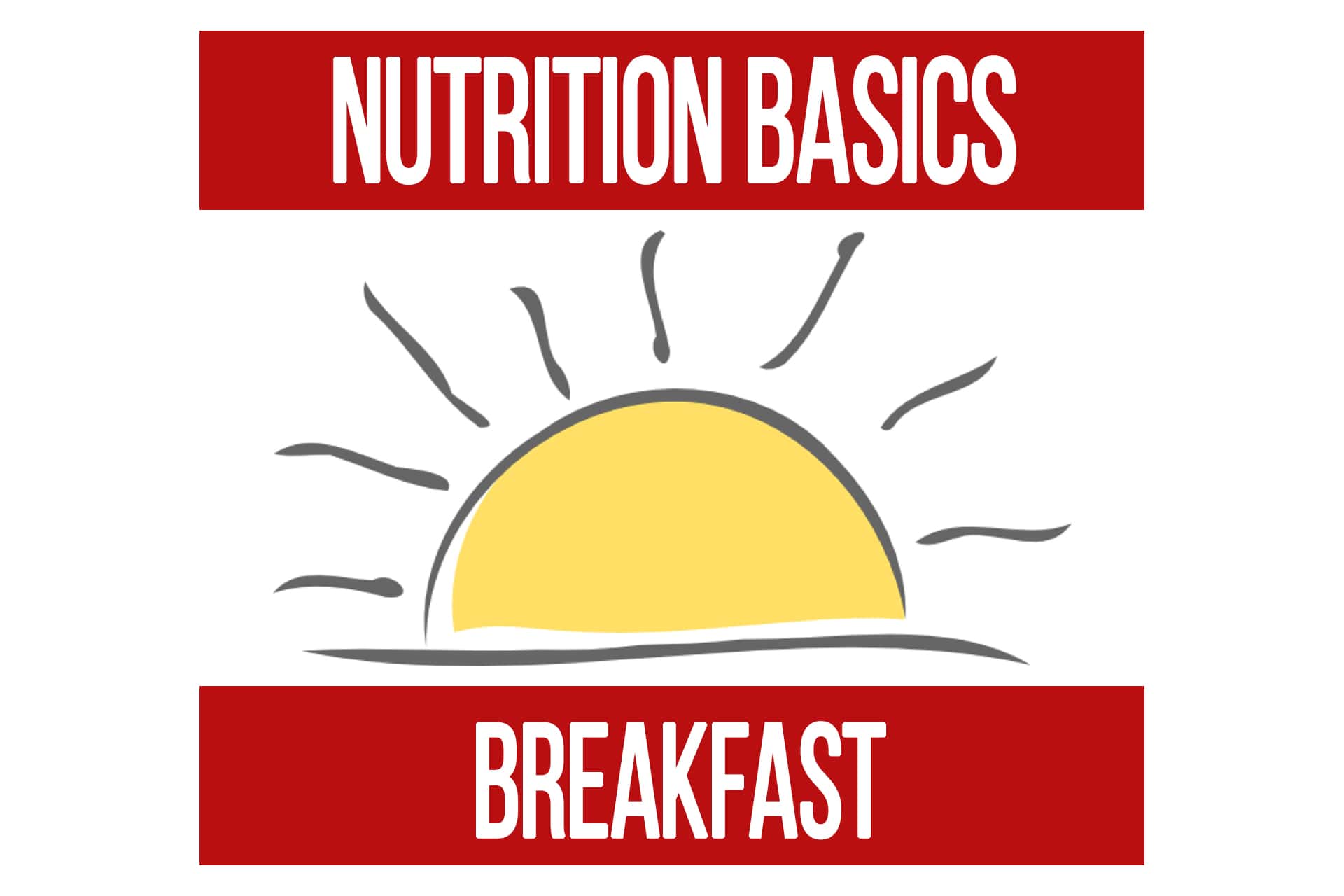Nutrition Basics – How Much Protein For Mass Gain?
n1 training
Protein is the most versatile macronutrient we consume. It can be used to build tissue, be broken down to make energy, used as an enzyme in metabolism, or used as a cofactor in detoxification. Because our body can use protein for so many things, how much protein we need is relative to what our body is doing, and what we are doing to our bodies from a training and nutritional standpoint.
The amount of how much protein is needed is inversely proportionate to the amount of carbs you eat. Because protein, when used for energy, is mainly broken down and used to make glucose in the liver. The more carbs you eat, the less protein you will break down for fuel. Someone eating a lot of carbs may be able to decrease their protein intake by 10-30%. Conversely, if are having little to no carbs you could increase your protein intake by as much.
The more detox support you take like B vitamins and supplements, the more protein you need to take in. The average person needs 60g of protein just to run their detox processes and support their immune system. If you are taking supplements like B vitamins that can increase detoxification, you may need to increase protein intake as well. If you are detoxing, you should increase your protein intake 5-10%
Your training is perhaps the biggest variable in how much protein you need. The amount of protein you need is proportionate the the volume of training. Specifically the volume of eccentric loading. This means a set of 10 with a 5 second eccentric is more protein demanding than a set of 10 with 3 second eccentrics. The reason is most tissue damage occurs during the eccentric range of motion. If you are not having many carbs, then the overall volume (total number of reps) of training is also important as well, because you will be burning more protein as a fuel source. Lastly, the muscle volume you are training also makes a difference. You may want to have 20g more in your PWO after a leg day than an arm day workout, and maybe 10g more on a chest and back day.
One of the best ways to assess if you are meeting the protein goals of your training is appetite 4 hours after training. If you are famished 2-3 hours after your PWO meal, you probably need a little more. If you feel bloated and the thought of eating again comes with utter disgust, you may be having a little too much.
Here are some baseline number to start with:
If your goal is max-mass (meaning you can have carbs as well), 1g/lb of lean body weight should be plenty.
If your goal is to make lean gains (and your carbs are fairly low), you may need to increase to 1.5g/lb of lean bodyweight.
If your goal is to get ripped to shreds, (you are also probably carb conscious and also calorie conscious), then 1.5 up to 2g/lb is more suitable.
Protein is the most versatile macronutrient we consume. It can be used to build tissue, be broken down to make energy, used as an enzyme in metabolism, or used as a cofactor in detoxification. Because our body can use protein for so many things, how much we need is relative to what our body is doing, and what we are doing to our bodies from a training and nutritional standpoint.
The amount of protein needed is inversely proportionate to the amount of carbs you eat. Because protein, when used for energy, is mainly broken down and used to make glucose in the liver. The more carbs you eat, the less protein you will break down for fuel. Someone eating a lot of carbs may be able to decrease their protein intake by 10-30%. Conversely, if are having little to no carbs you could increase your protein intake by as much.
The more detox support you take like B vitamins and supplements, the more protein you need to take in. The average person needs 60g of protein just to run their detox processes and support their immune system. If you are taking supplements like B vitamins that can increase detoxification, you may need to increase protein intake as well. If you are detoxing, you should increase your protein intake 5-10%
Your training is perhaps the biggest variable in how much protein you need. The amount of protein you need is proportionate the the volume of training. Specifically the volume of eccentric loading. This means a set of 10 with a 5 second eccentric is more protein demanding than a set of 10 with 3 second eccentrics. The reason is most tissue damage occurs during the eccentric range of motion. If you are not having many carbs, then the overall volume (total number of reps) of training is also important as well, because you will be burning more protein as a fuel source. Lastly, the muscle volume you are training also makes a difference. You may want to have 20g more in your PWO after a leg day than an arm day workout, and maybe 10g more on a chest and back day.
One of the best ways to assess if you are meeting the protein goals of your training is appetite 4 hours after training. If you are famished 2-3 hours after your PWO meal, you probably need a little more. If you feel bloated and the thought of eating again comes with utter disgust, you may be having a little too much.
Here are some baseline number to start with:
If your goal is max-mass (meaning you can have carbs as well), 1g/lb of lean body weight should be plenty.
If your goal is to make lean gains (and your carbs are fairly low), you may need to increase to 1.5g/lb of lean bodyweight.
If your goal is to get ripped to shreds, (you are also probably carb conscious and also calorie conscious), then 1.5 up to 2g/lb is more suitable.
Have a Question for Us?
Please Log In to Submit Your Question
Calories Matter But So Does Everything Else
videoBody Composition Foundation FREE Health and Longevity Nutrition Supplementation TrainingTiming Your Carbohydrates – The Basics
articleBody Composition Foundation FREE Hypertrophy Nutrition
Popular Pages
Learn & Train With Us
Add N1 Training to your Homescreen!

Please log in to access the menu.
